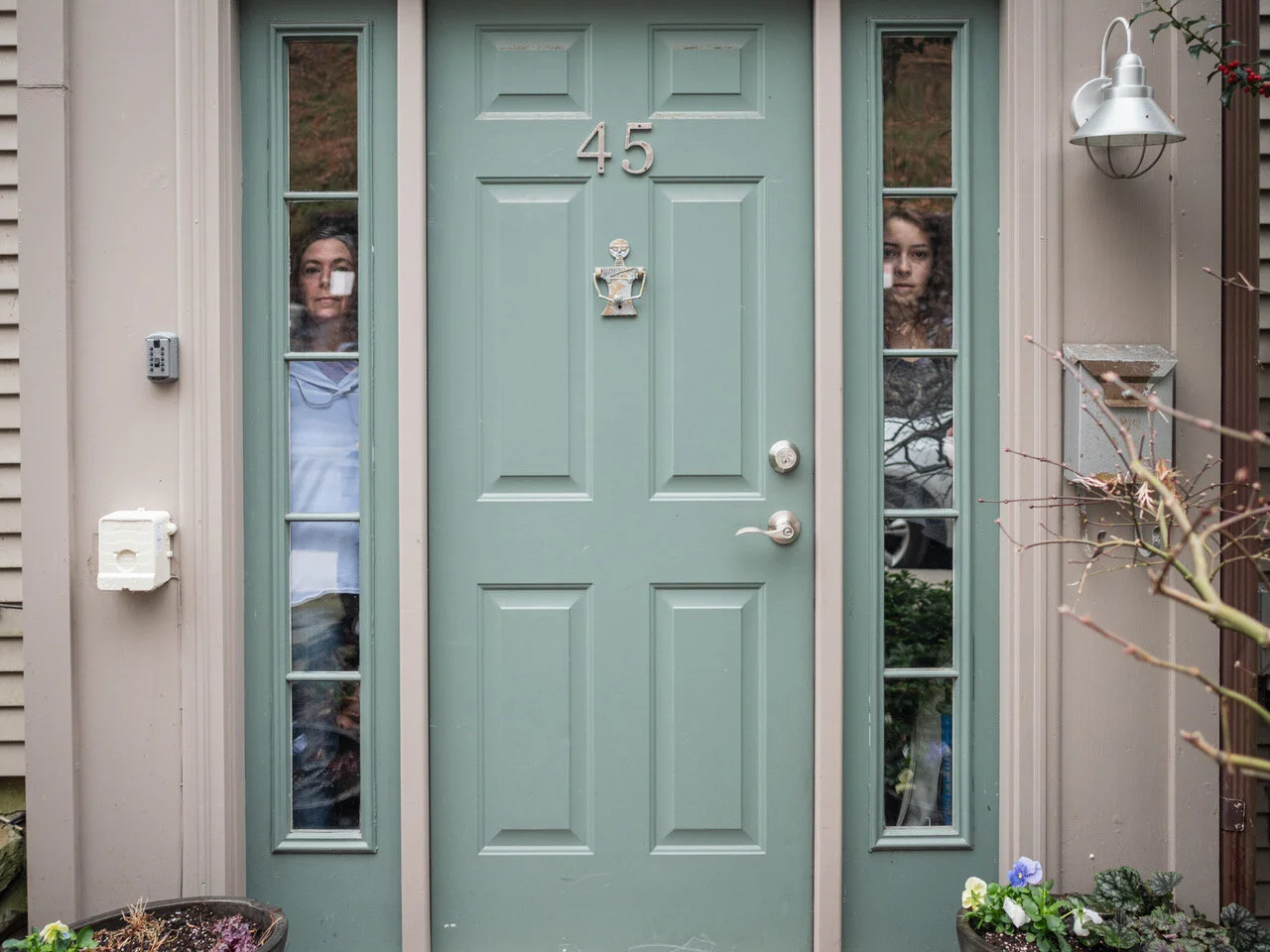Quarantine Chronicles: Nicolas Baudouin
‘Untitled’ from “Vorkouta”, © Nicolas Baudouin
In these difficult and strange times, our staff at Musée Magazine wants to keep artistic inspiration alive and well. With this, we would like to introduce The Quarantine Chronicles. Check our website and social media platforms to see which photographers we’ve been looking at, learn tips on how to get your daily dose of creativity, and hear how we are spending our days during self-isolation.
This series will include a range of posts on the subject of coronavirus, its affects on our world, and the influence it has had on photography. It is imperative to stay informed, and practice the rules of social distancing; in an art form that often includes social interaction and varying locations, see how photographers are approaching current projects in creative new ways. This is a trying time for creative projects, but it can also help artists gain a fresh approach to the industry of photography, and what it means to capture an image.
‘Untitled’ from “Vorkouta”, © Nicolas Baudouin
Our first isolation inspiration is Nicolas Baudouin, a Canadian photographer who teaches art history at the Paris campuses of both Columbia and New York University. Since 2010, he has been experimenting to Google Street view as a form of art he calls post-photography. Baudouin explains, “The Google car is recording billions of images from all around the world without any aesthetic concern; and as a photographer I am going through this huge amount of information, selecting and framing, and using my own criteria.” Vorkouta is a series he did documenting a small town in Northern Russia. Baudouin knew he would most likely never make it there, so he started to capture the historical streets of the old labor-camp mining town that now has over 70,000 residents. Although Baudouin is not the one taking the photograph, he explains how post-photography is a similar process; he still selects stand-out images amongst nondescript ones, edits them, and curates a final collection of the originally public photos to document an area of the world.
After tucking the project away in an overstuffed desktop folder, Baudouin remembered about Vorkouta during the beginnings of the Coronavirus outbreak. From his computer, Baudouin tried to find ways to integrate photography projects into a socially isolated life. He realized that this project was perfectly situated for the social distancing requirements in place, and proceeded to do a Google Street View series on Camden, New Jersey, and Jerusalem.
‘Untitled’ from “Vorkouta”, © Nicolas Baudouin
““I realized that this kind of work was perfectly reflecting the containment situation in which we are in.””
‘Untitled’ from “Vorkouta”, © Nicolas Baudouin
For now, we must remain inside of our homes, a place that many people associate with the unwinding of a long day and a way to separate from work. It may be hard to feel productive in this space, but in order to keep our minds sharp, it is important to find ways to keep creativity active. Nicolas Baudouin provides an inspiring, lively series with his Google Street View photography, showing how the technology people use on a daily basis can come back to serve them creatively, and keep them connected to the surrounding world, which is still very much alive.
‘Untitled’ from “Vorkouta”, © Nicolas Baudouin












